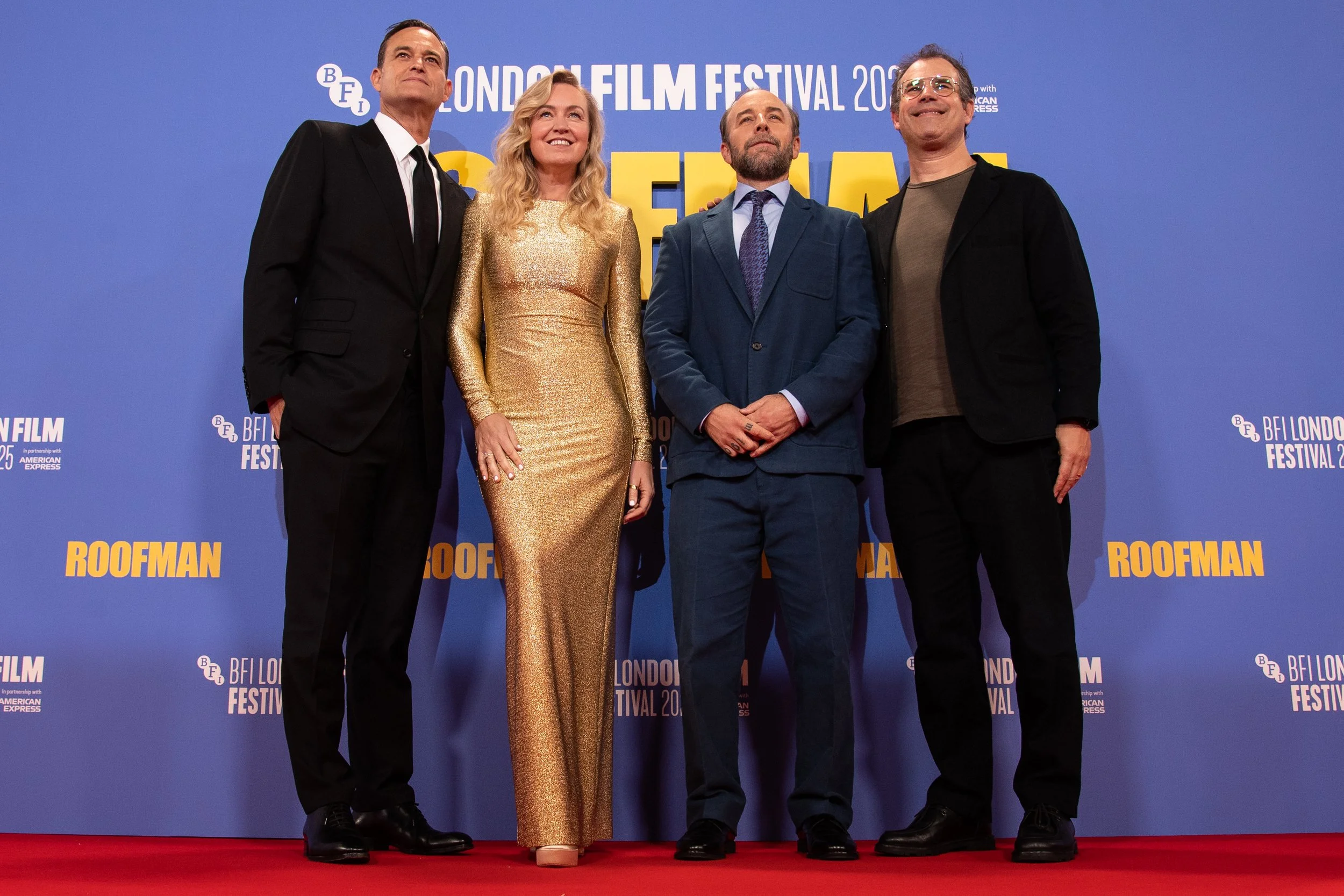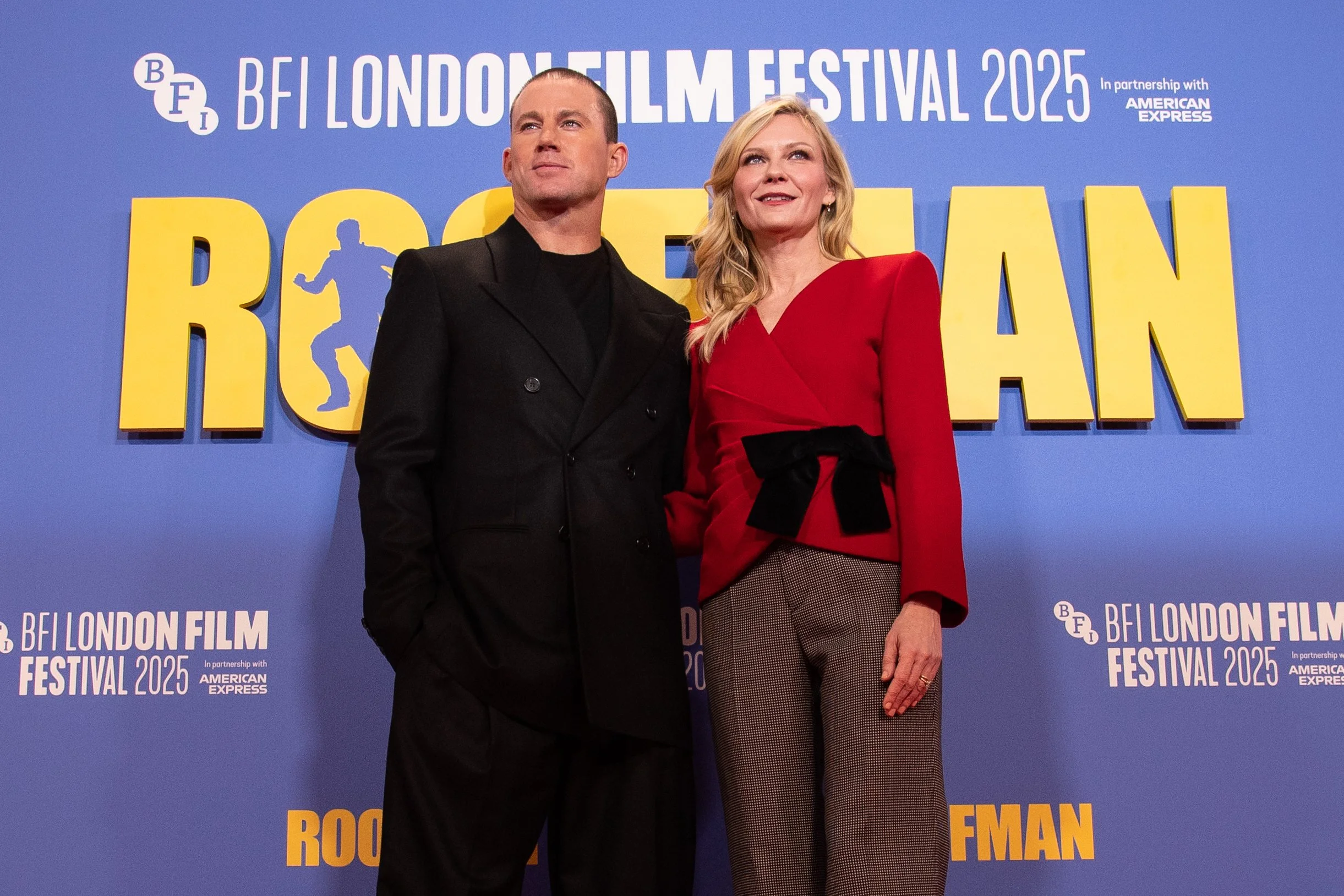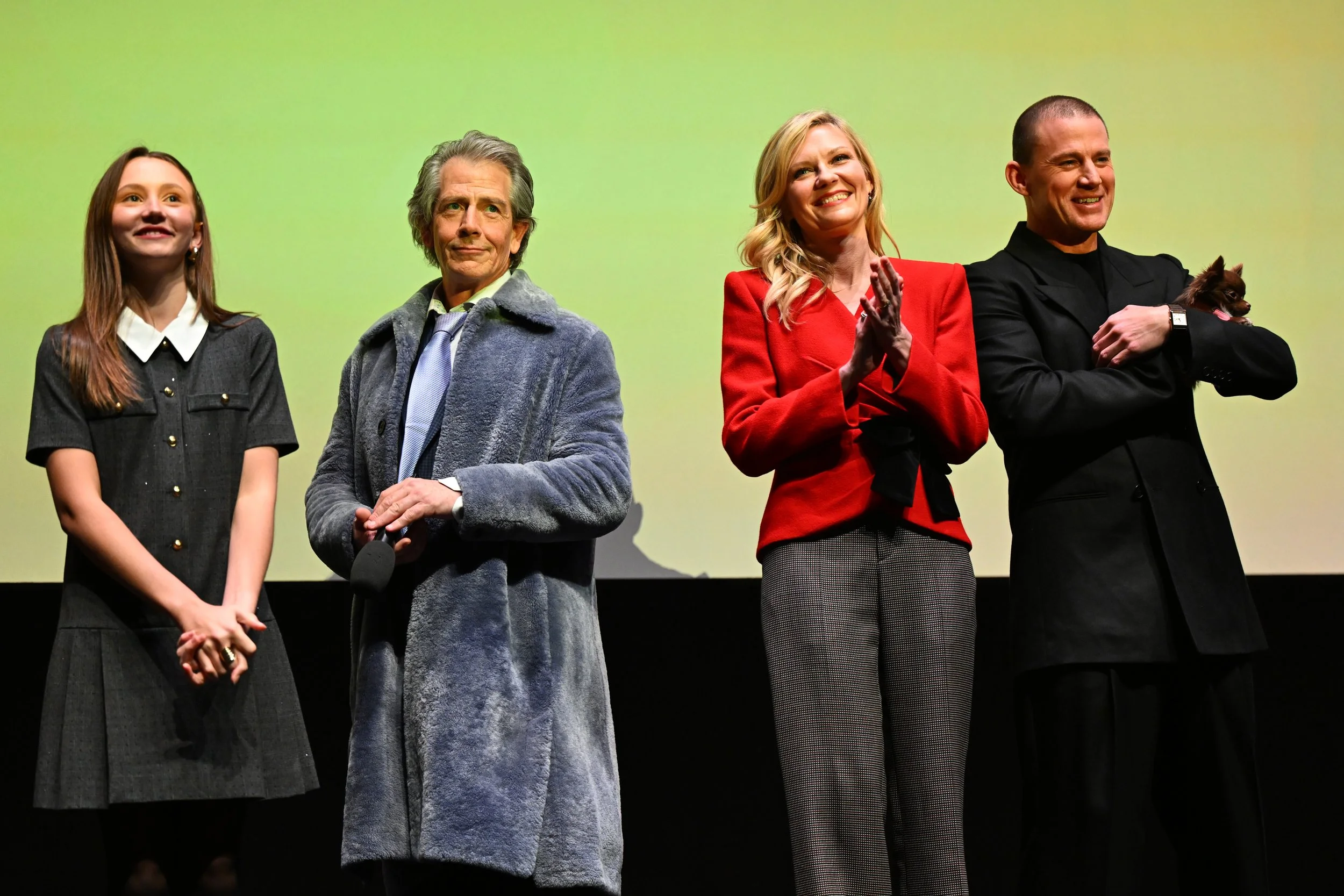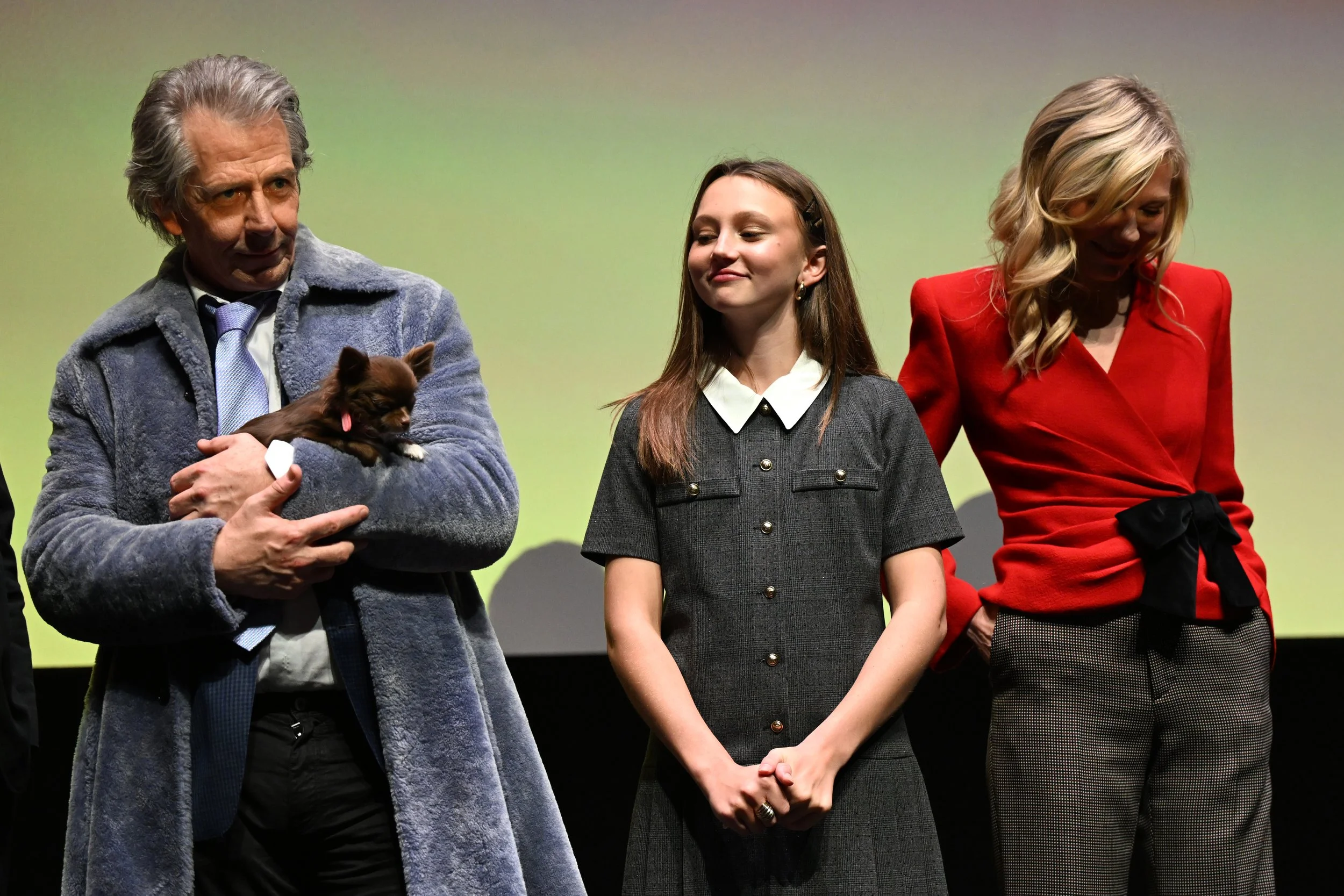
The Gentle Outlaw: Roofman Turns Crime into Compassion
The story of Jeffery Manchester almost defies belief. A former US Army veteran, it's well documented that he turned to crime not out of malice, but desperation to support his family. Nicknamed Roofman for his habit of breaking into McDonald’s through the ceiling, he managed to rob more than 60 fast food outlets before being caught and jailed in the early 2000s. Derek Cianfrance’s Roofman focuses less on the robberies themselves and more on what came next: Manchester’s inventive prison escape and the strange months he spent hiding inside a Toys R Us megastore in Charlotte, North Carolina.
Channing Tatum brings a steady hand to the moral grey areas of Manchester’s story. The film opens on a poorly made birthday cake. In the following scene defined by wonky homemade decorations and a re-gifted toy offered to his daughter, disappointment is more of a feeling than a word. Narrated by Tatum, this moment is presented as the spark that led Manchester to use his military skills for crime. Cianfrance is careful to draw boundaries around the character’s criminality; he never harms anyone, and Tatum plays him as a man driven by circumstance rather than cruelty. Even after his escape, he remains motivated by quiet compassion and a ripped photograph of his children that he sticks to the wall.
There is real pleasure in watching Jeffery's ingenuity at work. His creation of a secret camp within the bike display of Toys R Us is one of the film’s most entertaining sequences. The toy store setting lends a wholeheartedly welcomed sense of playfulness — Tatum dances down aisles of soft toys and sleeps on Spider-Man sheets — that carried me through the second act. I believe that the film's different tones are held together by Tatum’s easy charisma, as well as his ability to balance humour with melancholy.
Kirsten Dunst plays Leigh, a churchgoer and Toys R Us employee who becomes the emotional centre of the story for Jeffery. Dunst brings warmth and subtlety to a role that could have been little more than a plot device. Through her, Manchester’s better qualities are drawn out, even as his lies begin to unravel. Three times we see him watch her sing hymns at their local church. First with admiration, then affection, and finally with longing before he must say goodbye. These scenes anchor the film, offering quiet moments of reflection amid the tension and action centring Tatum.
At its heart, Roofman is about family. About the drive to provide, the mistakes that come with it, and the cost of redemption. Every act, however misguided, circles back to that first failed birthday gift. By the film’s close, Cianfrance ties the story neatly to its origins, with Tatum’s narration giving it a bittersweet sense of closure as Jeffery realises that he'd been chasing the wrong definition of providing for his family.
You might expect a quirky comedy about a man hiding out among bicycles and board games, but Roofman is gentler and more grounded than that. It has flashes of humour, moments of tension, and a subtly affecting portrait of a man caught between guilt and love. The camerawork is unshowy, but the storytelling is confident, and Tatum delivers a charming performance that makes this a very easy watch.






